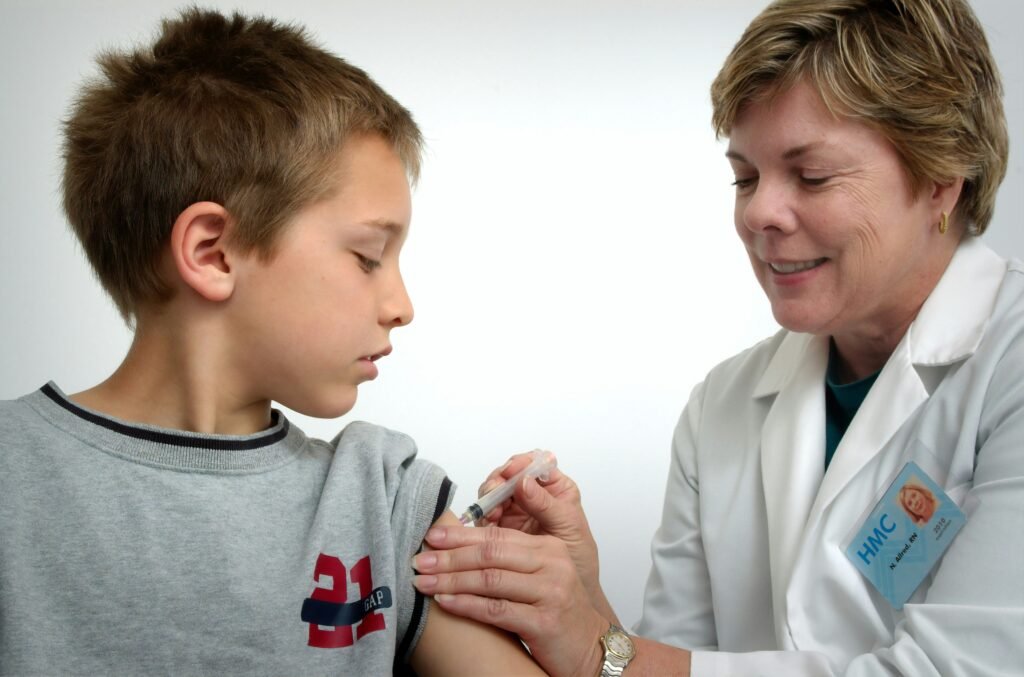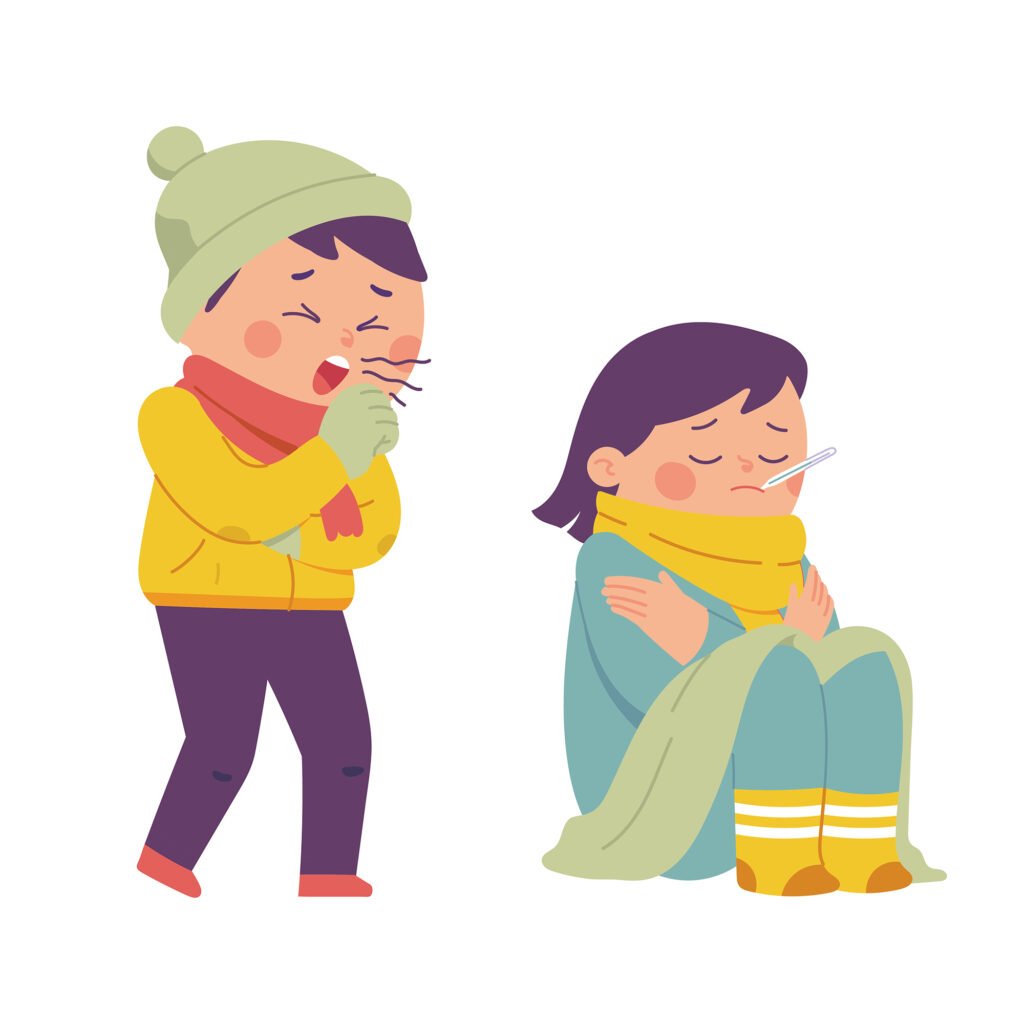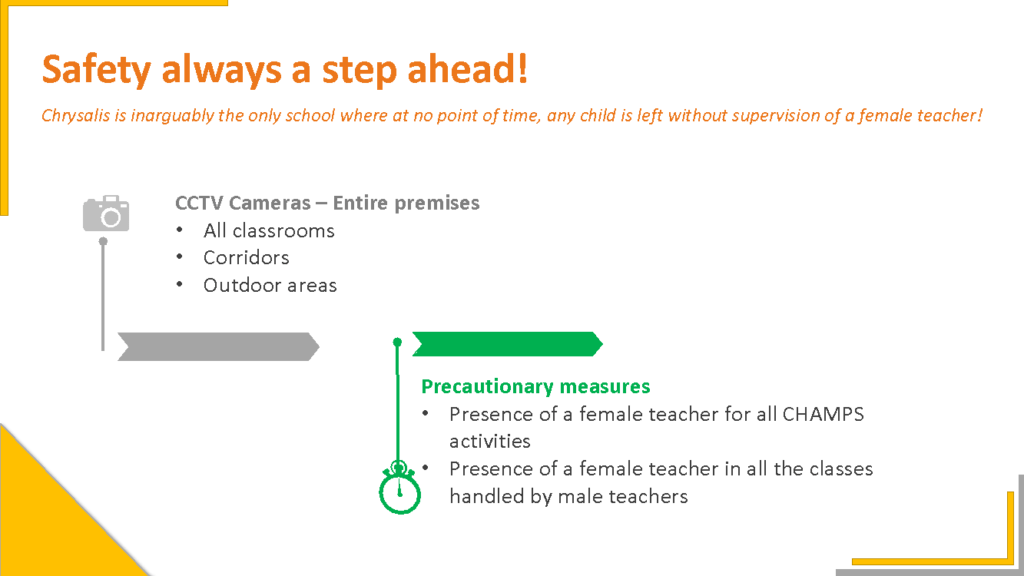
As the winter season approaches, we all are preparing ourselves before the onset of this beautiful season. The chilly morning and a bright sunny afternoon in Bangalore make it so unique and bring joy to people of all ages, especially kids. A mug of creamy hot chocolate, the aroma of freshly baked muffins, and the energising flavours of coffee are things that bring cosiness to the delightful winter days, which we all look forward to. The planning of taking small holidays to watch ice-capped peaks and snowfall in northern mountains enraptures our experiences. However, as we get ready for the charming winters, it is also important that we do not forget the unpleasant side of the season, such as the dip in temperature and other related factors that lead to a multitude of health problems, also called winter diseases or seasonal diseases. Cold weather can bring an increased risk of illnesses such as the common cold, flu, and respiratory infections, especially in children who are more susceptible to winter-specific illnesses, but with the right precautions, we can keep our kids healthy and happy all winter long by just taking extra care of ourselves and children. In this blog, we will explore essential safety tips for preventing winter illnesses in children.
But first, we need to understand the Common winter illness. People get sick with changing seasons, and children are the worst affected as the shift in temperature causes viruses to flourish, which then spread diseases. Moreover, due to the cold season, our body cools down, and even with simple illnesses, our body takes a longer time to heal. Hence, it is recommended to take precautionary measures and avoid seasonal diseases in winter.
List of winter illnesses

Common Cold and Cough
The common cold is often regarded as an inherent part of the colder months as it is widespread during that time. The reason is dry and cold climates offer the optimum conditions for the viruses to replicate and spread infection. Continuous sneezes, runny nose, congestion, mild headache, and low fever with body pain are its symptoms.
The first-hand safety tips to prevent winter illness in kids are ensuring proper hygiene, like washing hands and covering their mouth while sneezing and coughing, which will restrict the spreading of infection.
Sore throat
One of the most common viral infections in children during winter is a sore throat. Symptoms include difficulty in eating, swallowing, and talking.
Sipping warm water and salt-infused warm water four to five times a day provides a soothing effect. If the discomfort persists, it is always advisable to consult a paediatrician.
Ear Infection
An ear infection is an extension of a cold and can also be caused by water retention in the ear. Colds and respiratory infections are more prevalent in the winter. These illnesses can lead to congestion and inflammation in the nasal passages and throat, which can affect the Eustachian tubes. When these tubes become blocked or swollen, it can hinder the proper drainage of fluid from the middle ear, increasing the risk of infection. It can cause severe pain in children. It can occur overnight without any warning signs. Symptoms include ear pain, swelling, pus formation, and difficulty in hearing.
Safety tips for winter illness for kids include making sure they dry their ears thoroughly after swimming or a shower to prevent water from becoming trapped in the ear canal. If the pain worsens and hearing is difficult, consult a healthcare professional immediately. They can diagnose the infection and recommend appropriate treatment, which may include antibiotics if the infection is bacterial in nature.
Asthma & allergy
The winter season can bring about specific challenges for children with asthma and allergies. Here are some key points to consider:
The winter season can bring about specific challenges for children with asthma and allergies. Here are some key points to consider:
- Indoor Allergens: During the winter, children tend to spend more time indoors, which exposes them to indoor allergens such as dust mites, pet dander, and Mold. These allergens can trigger asthma and allergy symptoms. Ensuring good indoor air quality by regularly cleaning and ventilating the home can help mitigate this.
- Cold Air: Cold, dry air can exacerbate asthma symptoms. Breathing in cold air can cause airway constriction and make it more difficult for children with asthma to breathe. Encouraging children to cover their mouth and nose with a scarf or mask when going outside in very cold weather will help in preventing breathing difficulty.
- Respiratory Infections: Winter is also the season for colds and flu, which can worsen asthma symptoms. Practising good hand hygiene, flu vaccination, and taking necessary precautions may prevent respiratory infections in children.
- Heating Systems: Indoor heating systems, like forced air, radiators, or space heaters, can dry out the air and irritate the respiratory system. Using a humidifier can help maintain optimal indoor humidity levels, which can reduce irritation.
- Dusty decorations and ornaments can trigger allergies. Regular and proper cleaning should be done.
- If the child’s asthma or allergies worsen during the winter, it is essential to consult their healthcare provider. They can adjust treatment plans and guide managing symptoms during this time.
- Asthma and allergies vary from child to child, so it is important to consult the paediatrician regularly for better treatment and to manage a child’s condition during the winter season.
Flu
Influenza, or the flu, is a contagious respiratory illness that can affect people of all ages, mostly children. The winter season is often associated with an increase in flu cases for several reasons, like cold temperatures, dry air, etc.
The safety tips to prevent and treat flu are:
- Annual flu vaccination is one of the most effective ways to prevent the flu. Children older than six months should receive the flu vaccine.
- If the child is sick with the flu, keep them home to prevent the spread of the virus to others. Limit close contact with infected individuals.
- Maintain proper environmental hygiene.
Considering all these winter illnesses does not mean the children should be held indoors and not allowed to have fun. By following the right precautions, we can keep our kids happy and healthy, having fun and enjoying learning at school without missing a day throughout this season.
Ten safety tips to keep winter illness at bay
Ensure Proper Nutrition
A well-balanced diet is crucial for maintaining a strong immune system. Encourage your children to consume a variety of fruits, vegetables, and whole grains. Foods rich in vitamins and minerals, such as vitamin C and zinc, can help boost their immune systems and keep them healthy.
Promote Hand Hygiene
Teach the children the importance of proper handwashing. Frequent handwashing with warm, soapy water for at least 20 seconds can significantly reduce the risk of catching and spreading germs.
Dress for the Weather
Proper clothing is essential to keep kids warm and dry during the winter months. Dressing them in layers, including a warm thermal and jacket, would keep them warm.
Ensure Sufficient Sleep
Adequate sleep plays a crucial role in supporting a child’s immune system. When children consistently get the right amount of sleep, it can help strengthen their immune function, which plays a key role in defending the body against infections in several ways. It’s essential to prioritise sleep as part of a child’s overall health and well-being, especially during times when the child is exposed to common infections like colds and flu.
Keep Vaccinations Up to Date
Vaccinations are a vital tool in preventing many winter illnesses. Ensure your child’s vaccinations are up to date, including their annual flu shot.
Maintain a Hygienic Environment
Regularly clean and disinfect commonly touched surfaces in the home, such as doorknobs, light switches, and toys. This practice can help reduce the spread of germs and illnesses among family members.
Avoid Close Contact with Sick Individuals
Encourage the children to keep a safe distance from anyone who appears to be ill. If the child is feeling unwell, it is best to keep them at home to prevent the potential spread of illness.
Stay Active and hydrated
Staying active during the winter helps maintain physical health and can boost immunity by reducing the risk of illnesses. It is also important to stay hydrated and take breaks to warm up when needed, especially in very cold conditions. It is also important to stay hydrated and take water breaks to warm up when needed, especially in cold conditions.
Sunlight exposure
When possible, get some sunlight exposure during the winter months. Sunlight helps regulate mood and supports the body’s production of vitamin D.
Teach Proper Cough and Sneeze Etiquette
Teach children to cover their mouths and noses when they cough or sneeze. Encourage them to use a tissue, handkerchief, or the inside of their elbow to prevent the spread of germs.
By following these tips, we can ensure that the kids stay healthy and happy during the winter season and enjoy all the unique experiences and joys that winter has to offer.
For further exploration of educational content and insights, delve into the resources available on Chrysalis High.
FAQ
What are common winter illnesses kids are susceptible to?
Kids can be vulnerable to colds, flu, respiratory infections, and stomach bugs during the winter months.
How can I protect my child from winter illnesses?
To safeguard your child, ensure they dress warmly, wash hands frequently, get the flu shot, and maintain a balanced diet.
Are there specific safety tips for outdoor winter activities with kids?
Yes, dress kids in layers, use sunscreen, and provide warm drinks. Also, teach them about frostbite and hypothermia signs.
When should I seek medical attention for a sick child during the winter?
If your child has a high fever, severe cough, difficulty breathing, or persistent symptoms, consult a healthcare professional promptly.


